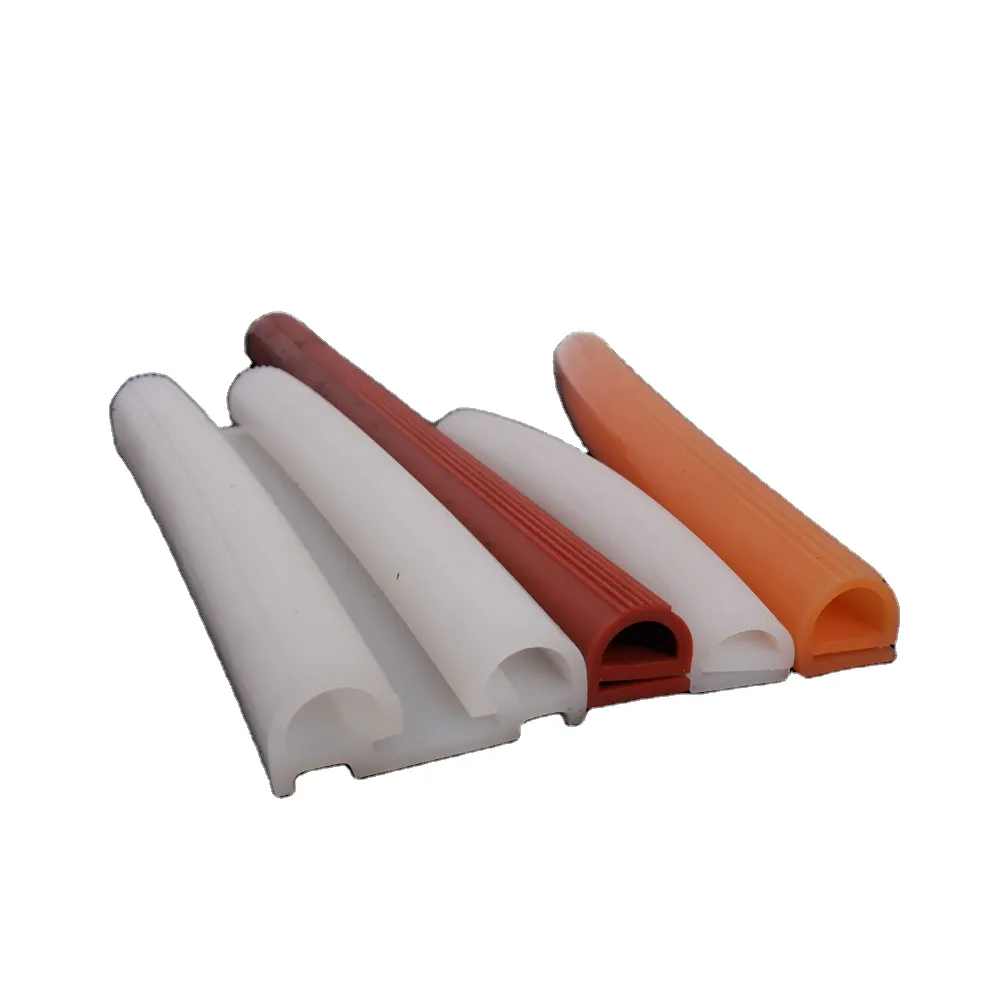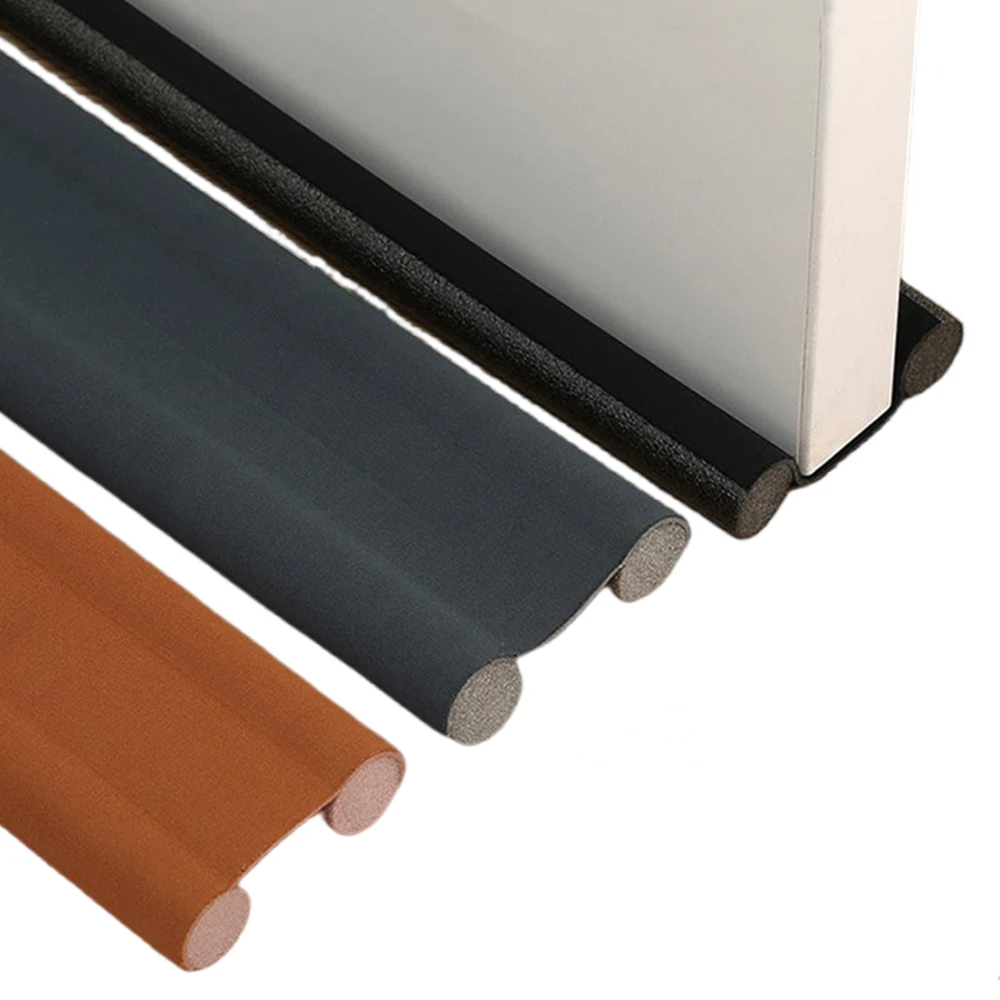Telephone: +8618730949119
E-mail: 1299343081@qq.com
2 月 . 10, 2025 12:32
Back to list
Door bottom sealing strip guard sealer stopper door weatherstrip door seal guard wind dust
The importance of rubber weather seals cannot be overstated when it comes to maintaining the integrity and comfort of a variety of structures and vehicles. Serving as essential barriers against the elements, these seals are pivotal in preventing water, dust, and noise infiltration. To ensure optimal performance, selecting the right type of rubber weather seal tailored to specific applications is critical.
One of the often-overlooked benefits of rubber weather seals is their contribution to sustainable living. By effectively sealing doors and windows, they help maintain indoor temperature, thus reducing the need for excessive heating or cooling. This not only leads to cost savings on energy bills but also reduces the carbon footprint of a household or business. In vehicles, efficient sealing ensures better aerodynamics, improving fuel efficiency. The longevity of rubber weather seals depends on a combination of quality, correct installation, and maintenance practices. Regular inspections are recommended to identify any wear and tear early. In harsh weather conditions, seals can become brittle or cracked, necessitating immediate replacement to prevent further damage to the structure they are protecting. When purchasing, it is advisable to consider seals that have been tested and rated for UV resistance and tensile strength to ensure durability. For industrial applications, the need for robust weather seals is no less critical. Facilities dealing with sensitive electronic equipment or those involved in manufacturing processes must ensure their premises are free from the damaging effects of dust and moisture. Rubber weather seals designed for such demanding environments are usually enhanced with additional protective coatings to further extend their life span and reliability. In conclusion, the right rubber weather seal, chosen with an understanding of specific environmental and performance needs, can offer substantial benefits in terms of energy efficiency, noise reduction, and durability. As part of an integrated approach to building or vehicle maintenance, these seals play a fundamental role. Their effective installation and regular maintenance ultimately reflect in improved comfort, safety, and cost savings, making them indispensable in both residential and industrial contexts. Leveraging expert opinions and continual advances in material science can help individuals and businesses make informed decisions, thus fostering trust in the products they choose to protect their valuable assets.


One of the often-overlooked benefits of rubber weather seals is their contribution to sustainable living. By effectively sealing doors and windows, they help maintain indoor temperature, thus reducing the need for excessive heating or cooling. This not only leads to cost savings on energy bills but also reduces the carbon footprint of a household or business. In vehicles, efficient sealing ensures better aerodynamics, improving fuel efficiency. The longevity of rubber weather seals depends on a combination of quality, correct installation, and maintenance practices. Regular inspections are recommended to identify any wear and tear early. In harsh weather conditions, seals can become brittle or cracked, necessitating immediate replacement to prevent further damage to the structure they are protecting. When purchasing, it is advisable to consider seals that have been tested and rated for UV resistance and tensile strength to ensure durability. For industrial applications, the need for robust weather seals is no less critical. Facilities dealing with sensitive electronic equipment or those involved in manufacturing processes must ensure their premises are free from the damaging effects of dust and moisture. Rubber weather seals designed for such demanding environments are usually enhanced with additional protective coatings to further extend their life span and reliability. In conclusion, the right rubber weather seal, chosen with an understanding of specific environmental and performance needs, can offer substantial benefits in terms of energy efficiency, noise reduction, and durability. As part of an integrated approach to building or vehicle maintenance, these seals play a fundamental role. Their effective installation and regular maintenance ultimately reflect in improved comfort, safety, and cost savings, making them indispensable in both residential and industrial contexts. Leveraging expert opinions and continual advances in material science can help individuals and businesses make informed decisions, thus fostering trust in the products they choose to protect their valuable assets.
Latest news
-
Silicone Seal Strip: The Ultimate Solution for Your Sealing NeedNewsNov.01,2024
-
Keep the Heat: The Importance of Seal for Oven DoorsNewsNov.01,2024
-
Essential Guide to Corner Protectors for Your FurnitureNewsNov.01,2024
-
Enhance Your Home with Silicone SolutionsNewsNov.01,2024
-
Efficient Maintenance of Melamine Sealing StripsNewsNov.01,2024
-
Comparison of Different Edge Sealing ProcessesNewsNov.01,2024
-
Types of Door Bottom Seal Strips and Their Best UsesNewsOct.25,2024